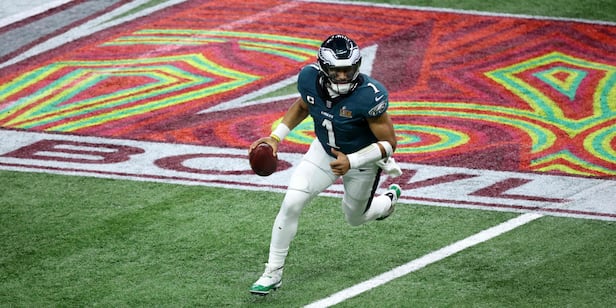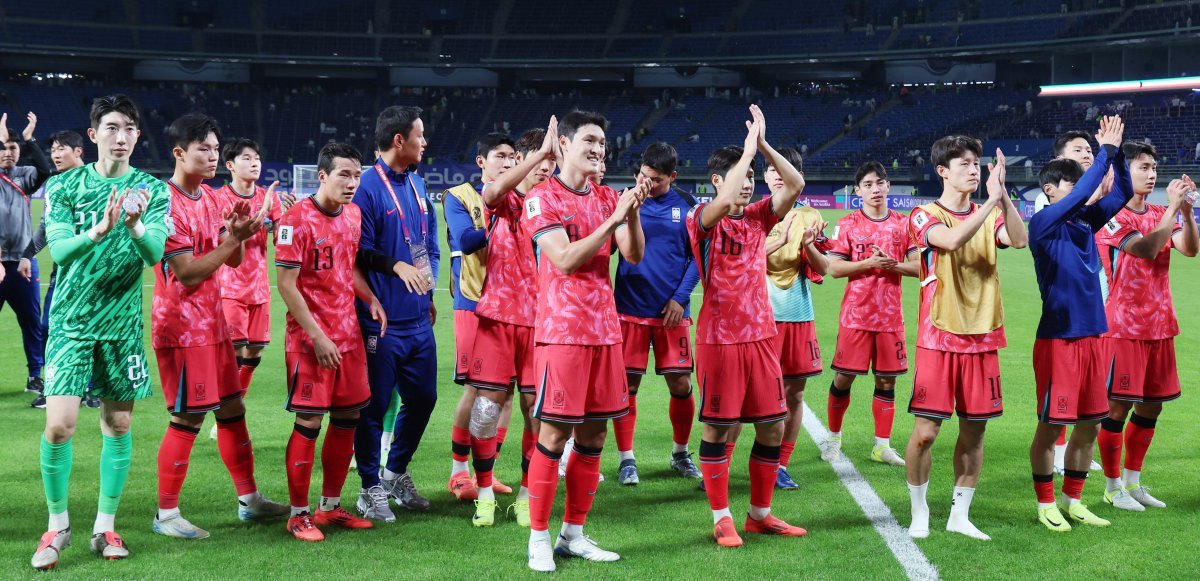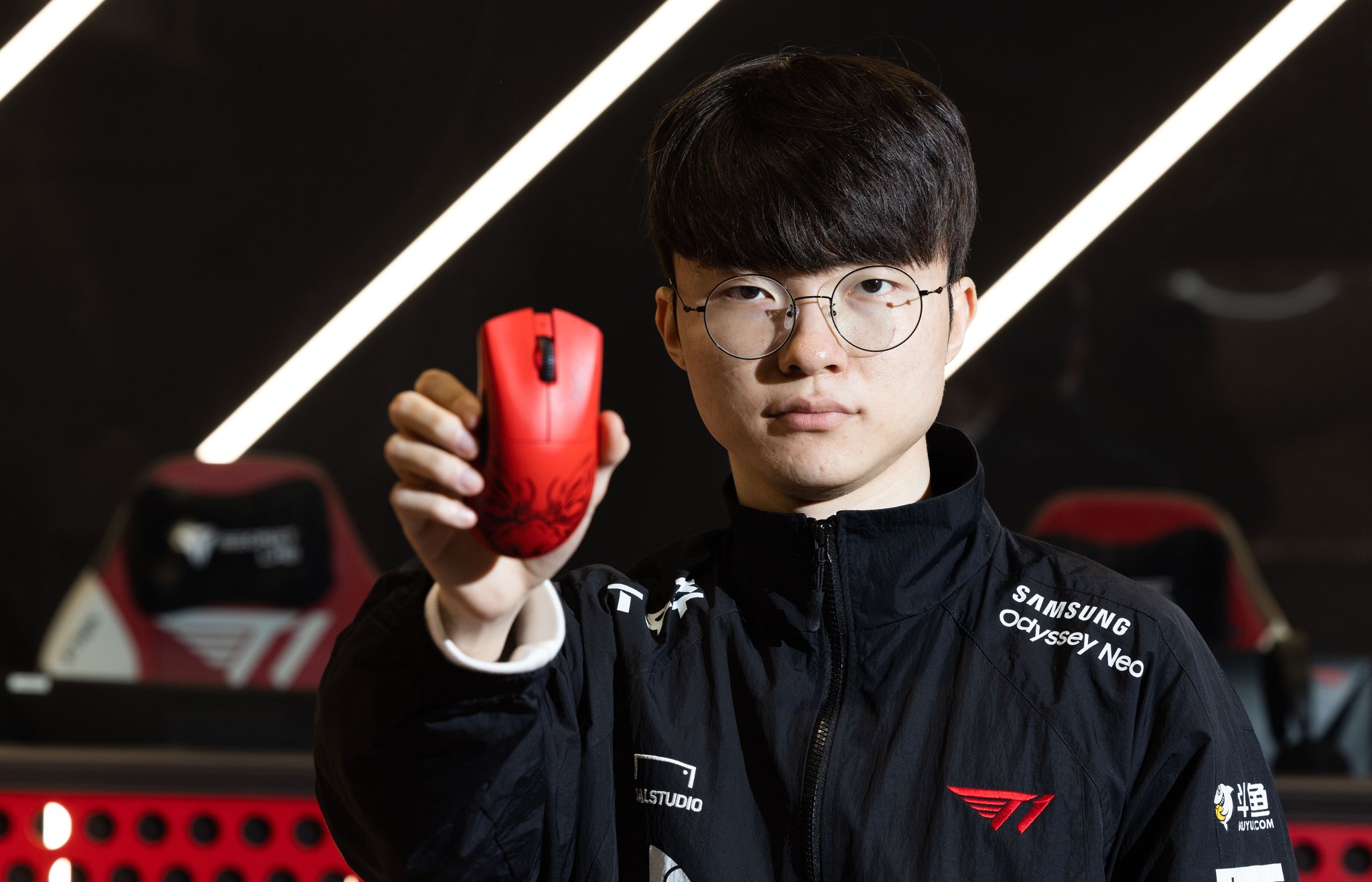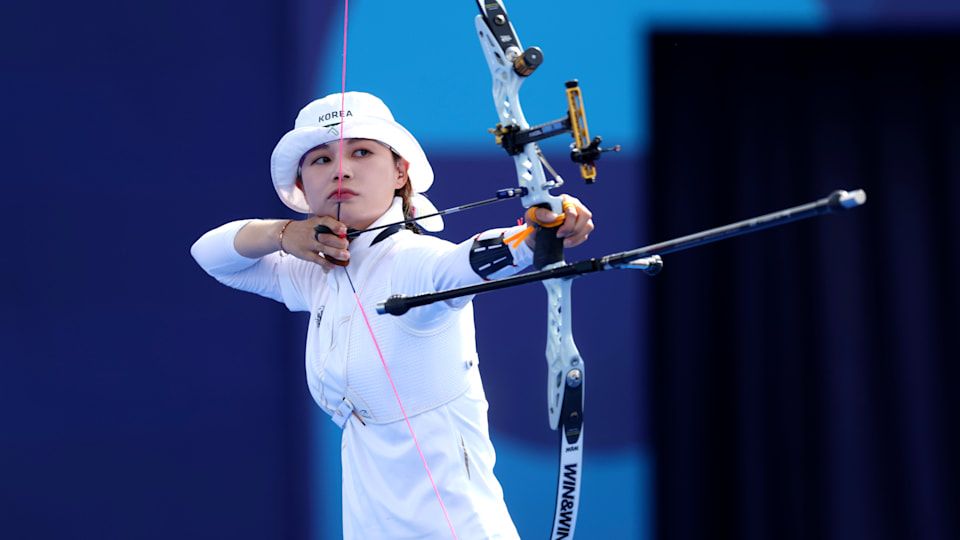As someone who creates content about Korea and often interacts with an international audience, I get asked this question a lot by Americans: “Do Koreans watch the Super Bowl?” Given how massive the event is in the U.S., it makes sense that people are curious whether it has any impact overseas—especially in a country like South Korea, which has a strong sports culture of its own.

The short answer? Most Koreans don’t watch the Super Bowl. But why not? And if American football isn’t popular here, what sports actually capture Korean viewers’ attention? Let’s break it down.
Why Koreans Don’t Watch the Super Bowl

1. American Football is Niche in Korea
Unlike baseball, soccer, or even basketball, American football has never taken off in South Korea. The sport isn’t played at schools or universities, and there’s no professional league to promote interest. While the NFL has made some efforts to expand its global reach, Korea remains largely indifferent.
Instead, sports like baseball (thanks to the KBO League) and soccer (especially after Korea’s historic 2002 World Cup performance) dominate the local sports scene.
2. The Timing is Terrible
The Super Bowl airs early Monday morning in Korea, usually between 8 AM and 10 AM KST. This is prime time for work and school, making it highly inconvenient for the average Korean to watch live. While some sports fans wake up early for big events like the World Cup or the Olympics, American football simply isn’t popular enough here to justify the effort.
3. Lack of Cultural Connection
The Super Bowl isn’t just a sports game—it’s a massive cultural event in the U.S., complete with high-budget commercials, an A-list halftime show, and big Super Bowl parties. But in Korea, these elements don’t hold the same appeal.
- Super Bowl commercials? They’re made for American consumers, so they don’t resonate with Korean audiences.
- Halftime shows? Unless a huge global K-pop act like BTS or Blackpink performs, most Koreans don’t care.
- Game day parties? Unlike in the U.S., there’s no tradition of gathering for Super Bowl watch parties in Korea.
Do Any Koreans Watch the Super Bowl?

Yes, but it’s a niche audience. Some Koreans who studied in the U.S. or developed an interest in the NFL will tune in, and a handful of expat-friendly bars in Itaewon or Hongdae might host Super Bowl viewing parties.
Streaming services like Coupang Play occasionally broadcast the Super Bowl, but it doesn’t get much mainstream attention compared to Korea’s favorite sports.
But Koreans Do Enjoy the Halftime Show!
:max_bytes(150000):strip_icc()/Samel-L-Jacksin-Super-Bowl-Halftime-020925-99e91396c5a5485cbe0195503d42c994.jpg)
While the game itself may not attract much attention, many Koreans still tune in for the Super Bowl halftime show, especially when global artists perform. Superstars like Beyoncé, Rihanna, The Weeknd, and Shakira have drawn international interest, and Koreans, being huge fans of pop music, often watch the performances after the event airs.
If a K-pop act like BTS or Blackpink were ever to headline the Super Bowl halftime show, it would undoubtedly spark even greater interest in Korea.
So, What Sports Do Koreans Watch Instead?
![스포츠! 코리아 - 공기업 시리즈 ⑤스포츠] BTS처럼 전 세계 호령한 '우리도 월드클래스 스타'](https://static.news.zumst.com/images/2/2019/09/26/7eb88c0707ac41bbbb51cf152230e449.jpg)
Even though the Super Bowl isn’t big here, sports culture in Korea is thriving. Here are the sports that actually get Koreans excited:
1. Baseball: Korea’s Most Popular Sport
If American football is king in the U.S., baseball is king in Korea. The Korea Baseball Organization (KBO) is one of the most popular sports leagues in the country, with die-hard fans supporting their teams just as passionately as American NFL fans.
What makes Korean baseball stand out?
- Energetic crowd culture – Fans chant, sing fight songs, and even have cheerleaders leading team-specific routines.
- KBO rivalries – Teams like the Doosan Bears vs. LG Twins create intense matchups.
- International success – Korea’s national baseball team has performed well in World Baseball Classic (WBC) tournaments, further fueling interest.
2. Soccer: Korea’s National Pride

Soccer is another sport that unites the nation, especially during international tournaments. The FIFA World Cup is one of the biggest sporting events in Korea, with millions of viewers tuning in to support the national team.
Two factors drive soccer’s popularity in Korea:
- 2002 World Cup Legacy – Korea’s historic semi-final run on home soil ignited long-term passion for the sport.
- Son Heung-min Effect – The Tottenham Hotspur captain is Korea’s biggest soccer star. Whenever he plays, especially in the English Premier League (EPL), millions of Koreans watch.
The domestic K-League has its dedicated fans, but international leagues like the EPL and Champions League attract even bigger viewership.
3. Esports: The New Generation’s Sport
 While traditional sports dominate TV ratings, esports (competitive gaming) has become Korea’s biggest digital sporting phenomenon.
While traditional sports dominate TV ratings, esports (competitive gaming) has become Korea’s biggest digital sporting phenomenon.
- League of Legends Champions Korea (LCK) is one of the top esports leagues globally.
- Korean esports teams consistently dominate international competitions.
- StarCraft & Valorant tournaments attract stadium-sized crowds.
Unlike traditional sports, esports has the advantage of accessibility—anyone with a PC or smartphone can engage, making it hugely popular among younger generations.
4. Golf: A Rising Favorite
Korea has dominated women’s golf on the LPGA Tour, producing top-ranked golfers like Park In-bee, Ko Jin-young, and Kim Sei-young. This success has led to a rise in recreational golf culture, particularly among professionals and businesspeople.
A unique trend in Korea is the rise of indoor golf simulators, making the sport accessible in dense urban areas.
5. Basketball: A Cult-Followed Sport

Basketball has a strong but smaller following compared to baseball and soccer. The Korean Basketball League (KBL) has its share of passionate fans, but it struggles to compete with interest in the NBA.
That said, Koreans closely follow NBA superstars like LeBron James, Stephen Curry, and Kevin Durant, and big NBA games get decent viewership.
6. Olympic Sports: National Pride Events
During the Summer and Winter Olympics, Koreans rally behind athletes in sports where Korea excels:
- Short-track speed skating (Winter Olympics)
- Taekwondo (Korea’s national martial art)
- Archery (where Korea dominates)
When these events happen, TV ratings skyrocket, proving that national pride plays a huge role in Korean sports viewership.
Conclusion: The Super Bowl? Not for Korea
While the Super Bowl is a massive event in the U.S., it barely makes a dent in Korean viewership. The lack of cultural relevance, inconvenient timing, and American football’s low popularity all contribute to its insignificance in Korea.
Instead, Koreans have their own thriving sports culture, with baseball, soccer, esports, golf, and Olympic sports drawing millions of viewers. So if you ever wonder, “What are Koreans watching instead of the Super Bowl?”—just look at a KBO stadium, a Tottenham match, or an esports tournament, and you’ll find your answer.



